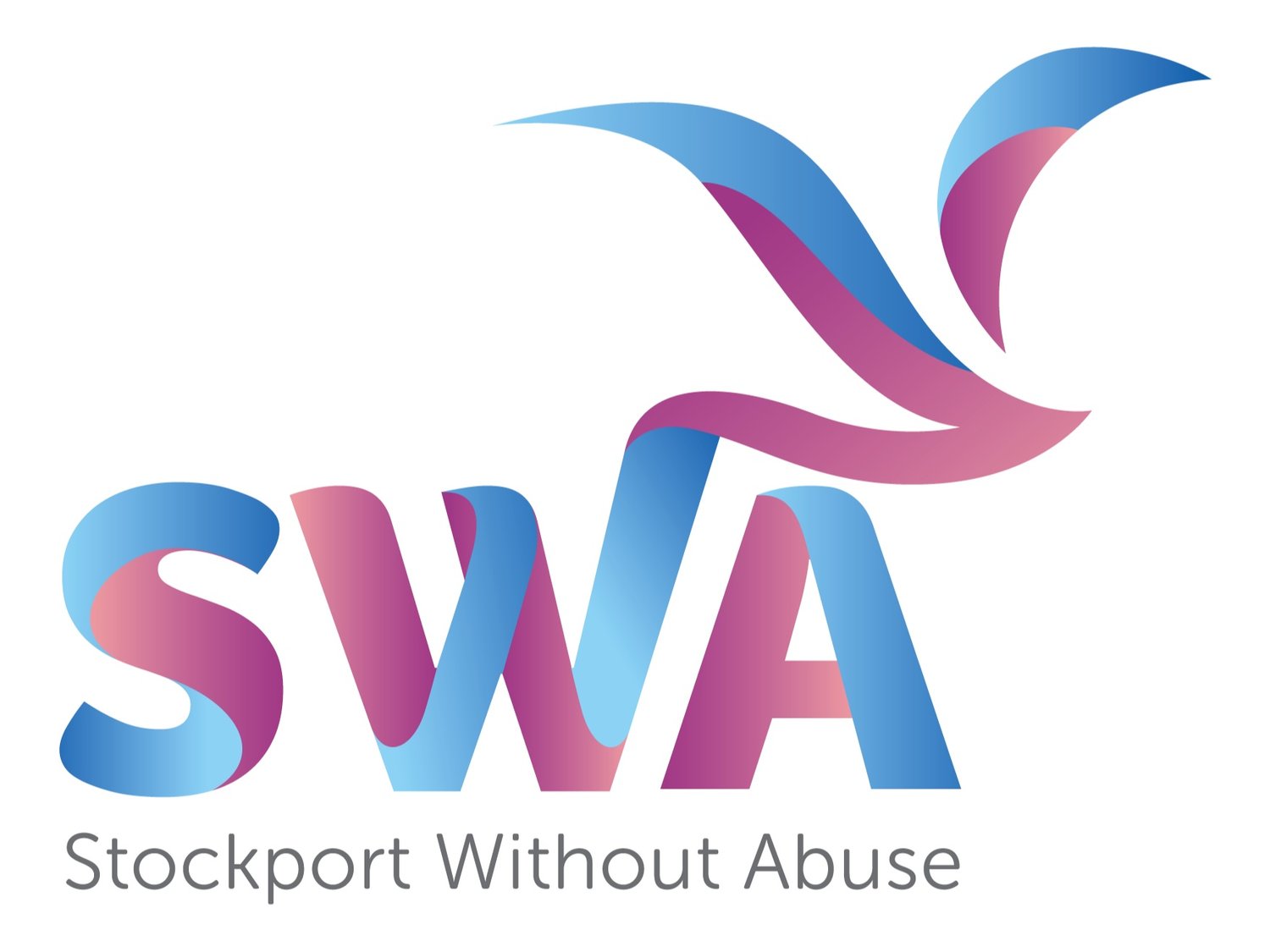
I’m Worried About Someone
What should I do?
Discussing experiences of abuse can be incredibly difficult, particularly in a society where victims may face disbelief or dismissal when sharing their stories.When someone reaches out to you for support, it's essential to acknowledge the courage it takes to seek help, recognising that they are taking a significant and brave step forward.For friends and family, supporting someone experiencing domestic abuse can be challenging. However, the most crucial way to help is by providing emotional support. Listening, believing, and letting them express their feelings can make a world of difference. Remember that domestic abuse is about one person trying to control another, so try not to take control away from them. Instead, inform them about available support services and allow them to decide when and how to seek help. Respecting their decisions and boundaries is vital, even if they choose not to seek immediate support.When someone shares their experiences with you, be attentive, empathetic, and avoid blaming them. Let them know they are not alone and guide them towards support services. Trained support workers can help them navigate their options.When reaching out to us, be assured that we will never judge. Our fully trained workers are available to provide guidance.It's important to remember that survivors of abuse may have suffered both physical and emotional harm. If they choose to share this information, offer to accompany them to a GP or hospital. If they are comfortable with it, you can assist them in reporting incidents to the police.Reassure them that they do not deserve the abuse. No one deserves to be threatened or harmed, and the abuser is solely responsible for their actions.Using supportive language is vital. Avoid judgmental words that can perpetuate harmful stereotypes. Instead of saying, "If I were you, I'd leave," acknowledge the barriers they face, such as financial and emotional challenges, by saying, "I understand there are barriers to you leaving." Encourage them to make their own decisions when they are ready.Empower them and refrain from blaming them for the abuse. Instead of asking, "What did you do to provoke him?" say, "You don't deserve this, no matter what." Validate their feelings by saying, "Your feelings are valid, and I believe you."While providing support, remember to take care of yourself. Avoid putting yourself in dangerous situations or confronting the abuser directly, as it could escalate the abuse. If you suspect immediate danger, contact the authorities or encourage the survivor to do so.Information and support for survivors: Stockport Without Abuse provides a wide range of information and support for survivors of abuse. Our expert support workers are here to help. If you believe you are in immediate danger, call the police at 999.For professionals working with survivors of abuse, we offer dedicated services to support you in Stockport.
